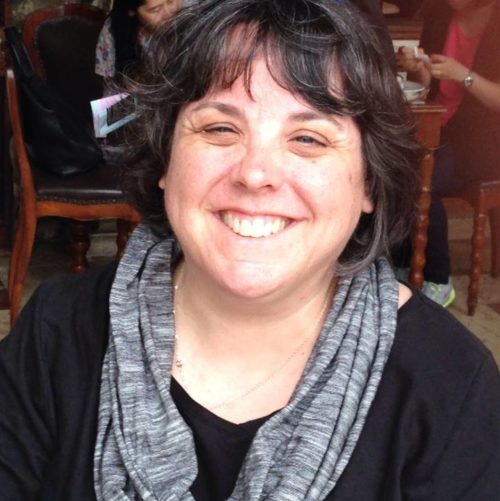Twice today, something popped up in my facebook feed that centered on the idea of home. One (which quoted Maya Angelou) focused on the inescapable draw of home; the other (from the New York Times) used the author’s sadness over the sale of his childhood home to lament more broadly our inexorable progress towards death. (Clearly, as reflected by this latter posting, some of my facebook friends have been, perhaps, unduly depressed by our unending winter).
As a literature professor, of course, I know that home is a very powerful concept for many writers—who return, again and again, to celebrate and explore the landscapes of their youth. I have friends, too, who speak powerfully of the draw of their “home place,” friends who—wherever else they live and for however long—never feel at ease, but Odysseus-like always struggle to return, even if it is only in retirement or the occasional trip back “home.” They—like many of the people in my community now—are convinced that their particular spot is God’s habitation, more winsome than anywhere else. And this is reflected as well in the long tradition of hymns that chronicle a yearning for a return to our “heavenly home,” that most beautiful land of all, where Jesus is calling “softly and tenderly” to “come home.”
To be honest, I understand the metaphor intellectually, but it doesn’t really connect for me.
In fact, I imagine these particular posts stuck out to me because my experience is exactly the opposite from what they insist upon. I can’t give a very concise answer to “where are you from:” before I graduated from high school, I had moved nine times and lived in twelve different houses in three different countries. I have no childhood home to be nostalgic for (although I do remember many of the quarters we lived in quite fondly). My formative landscapes are prairies and mountains, high deserts and oceans, Asian cities and American farmland. Landscape doesn’t matter to me—or rather, I find all manner of places beautiful, even if I don’t feel I belong to any one of them.
As a child, I remembering wondering what it would be like to have only lived in one place with your extended family nearby; as a teenager, I wondered what it would be like to have life-long friends, people you’d known since kindergarten or before, instead of being the “new girl” every couple of years. But these musings were more curiosity than envy—after all, who would want to be stuck in one place when the world was on offer? As Elizabeth Bishop asks in “Questions of Travel”: “Should we have stayed at home/wherever that may be?” To my mind, the answer was clearly no.
But the definitive word is “we.” I didn’t mind moving because home depended not on place, but on people. My immediate family, of course, but, perhaps just as importantly, our church family. No matter where we lived, our family’s life revolved around church and our fellowship there. Every time we moved, my parents spoke confidently about God’s call to the next duty station and modeled great trust that, in the words of Julian of Norwich, “all shall be well and all shall be well.” And it was: every new place brought fresh evidence of God’s providential care for us, new ways to discover the abundance of God’s goodness through his creation—but especially through his people.
It’s notable, I think, how often the Bible tells stories of people asked to leave their homes in order to more fully follow God. One could almost argue that it’s a necessity to help develop their full dependence upon God. Abraham, Moses and the Israelites, Ruth: just a few examples of folks who in leaving home find their true home, indeed.
It’s notable, too, how Jesus reformulates the family into the brothers and sisters, not of blood, but of shared belief. In so doing, he relocates home from a physical location to one built of living stones.
All of this should give us a more capacious definition of where we’re from. And perhaps it will help us hear anew the verses throughout scripture that place the welcome of the stranger at the center of what it means to live a Christian life. Too often, I think, we read those words from the perspective of the host—but what might happen if we read them as the stranger ourselves?
I’ve now lived in the same town in the same house working at the same job for sixteen years. I suppose I might now be able to say I’m “from” here. But I don’t think I will. Emily Dickinson observed, “My friends are my estate.” If that’s true, I am rich beyond measure–with homes everywhere I have a friend who welcomes me, anywhere a church opens its doors in fellowship to me.

